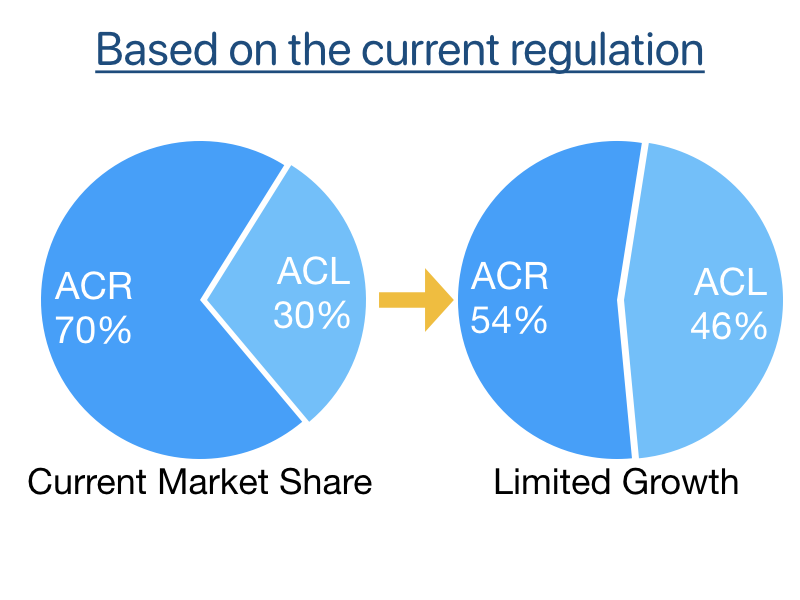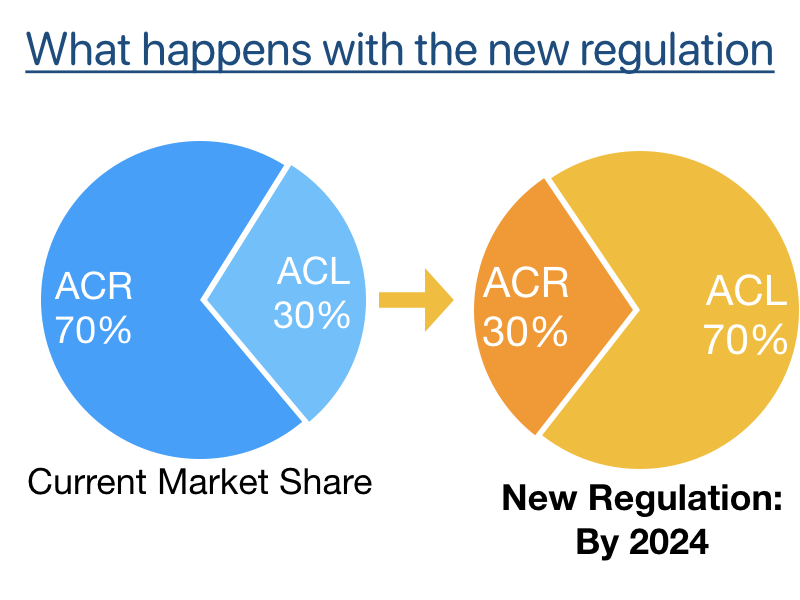Invest in Brazil's Energy Market Now
The public consultation opened by the Ministry of Mines and Energy (MME) in Brazil, proposes a gradual reduction of the final consumer’s…
The public consultation opened by the Ministry of Mines and Energy (MME) in Brazil proposes a gradual reduction of the final consumer’s entry limit to the free energy market.
The MME clearly decided to accelerate the opening of the free energy market, in which consumers can choose from whom to buy electric energy. The publication outlines the timeframe for a totally open market by 2024.
Current situation
In Brazil, the electric energy market is constituted into two commercialization environments:
Regulated Contracting Environment (ACR); and
Free Contracting Environment (ACL)
The current market has several restrictions between the two environments, ACR and ACL.
The current restrictions significantly impact the offer to the end-consumer, especially the possibility of environmental migration by the consumer. These restrictions limit market growth presented below.
The New Proposal
The residential consumer suffers the most impact from the constraints of current legislation. Nowadays, they can only buy energy from their local energy distributor. The government's idea is to gradually reduce the load limits for free market migration.
As with the carrier choice without needing to change the mobile number, in the future, everyone will be able to choose whom to buy the electric energy.
The current distributors will have a monopoly in their concession areas, but only the use of the network (the wire) and not the sale of energy, which may be made by traders or directly by generators. The impact of those changes is enormous, as you can read in the graphic below.
Under the proposal, the free consumer migration limit will fall from the 2 megawatts (MW) load to 1.5 MW from January 2021. From July 1, 2021, the threshold will fall again to 1 MW. In January 2022, to 0.5 MW.
Besides, by the end of January 2022, new studies should be done on the regulation to allow consumers below 0.5 MW to enter the free energy market.
If these changes come through, they will become a new milestone, not only in Brazil, of the free energy market in the last 20 years.
Today, consumers with a load of 0.5 MW to 2.5 MW can migrate to the free market, but as special consumers, they are forced to buy energy from incentivized sources (renewables such as wind, solar, and biomass). In the new proposal, this restriction disappears, allowing the consumer to obtain its power from any source available in the free market.
It will increase competition in the free market and change price dynamics.
Another challenge that comes with these changes is the impact on the regulators. Today to obtain your energy on the free market, you have to become an agent of the Electric Energy Trading Chamber (CCEE), and they are not enabled to handle the potential growth with those changes, especially the smaller agents (residential consumers).
The proposal, however, doesn’t mention anything on the CCEE dynamics, and they have several other restrictions for the consumer became an agent or a trader.
One of the most critical roles of CCEE in all current dynamics is the risk assessment of energy contracting operations. The problem is a little more complicated than it appears to be.
The current regulation allows some traders to act as retailers, but only 4 of them represent consumers at CCEE, why so little? Simple, risk management of default from the small consumer.
Despite all the complexity of the electricity market in Brazil, the proposed change comes at a crucial time for the country to encourage a more competitive market, reducing its cost of electricity and thereby attracting new investments.





